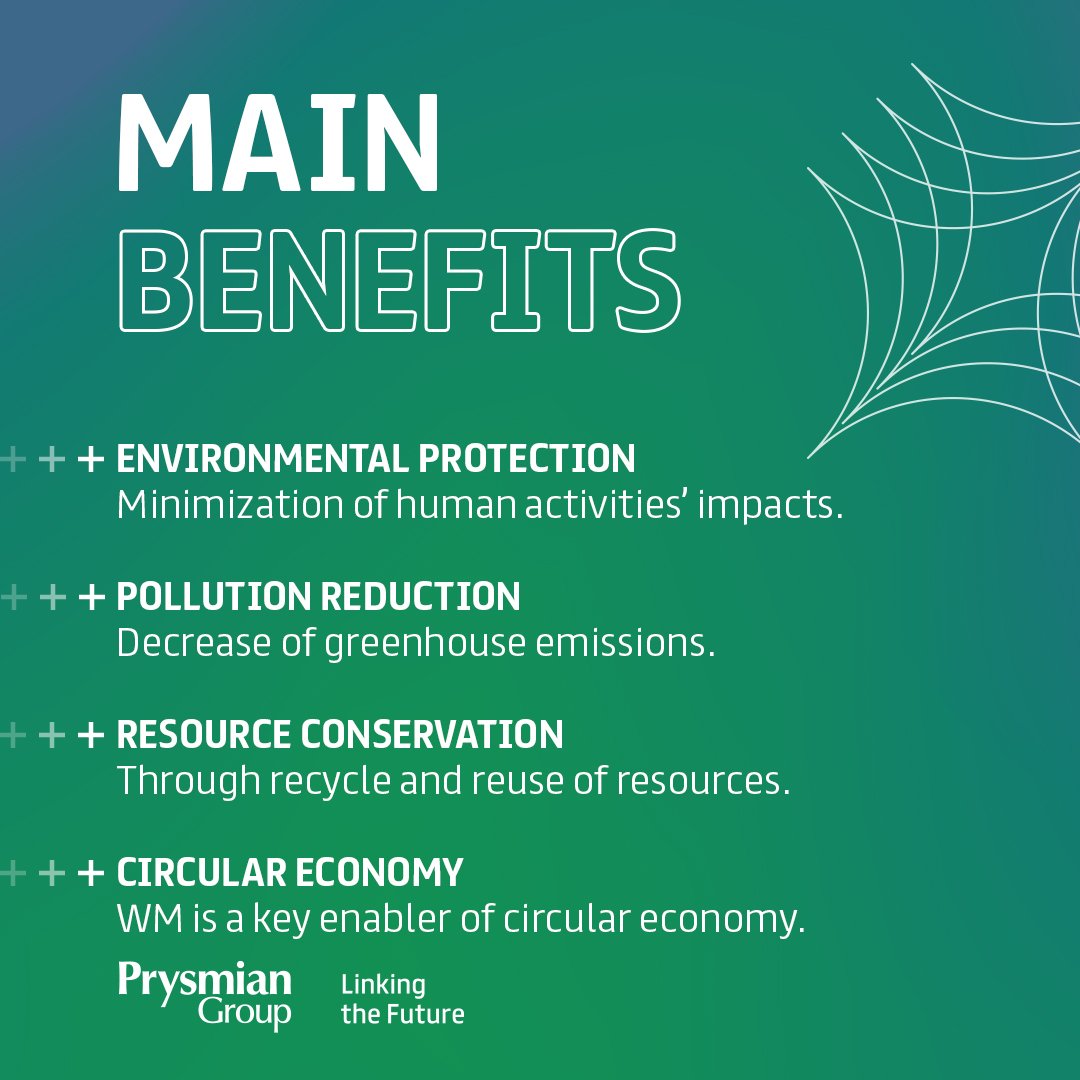Some Of Reclaim Waste
Some Of Reclaim Waste
Blog Article
The Only Guide to Reclaim Waste
Table of ContentsFacts About Reclaim Waste UncoveredReclaim Waste Things To Know Before You Get ThisIndicators on Reclaim Waste You Need To KnowThe Basic Principles Of Reclaim Waste The 5-Second Trick For Reclaim Waste
Domestic sewer waste refers to the waste and products from a property septic tank. The correct management and disposal of domestic sewer waste need fluid waste to be transferred to a sewer treatment plant where the appropriate approaches and devices are used to cleanse and dispose of waste.
Business waste commonly includes possible hazards, such as combustible materials or a mixture of liquid and strong waste items, and calls for an advanced and detailed disposal process. The disposal of business waste generally involves the purification of waste prior to transport to make sure risk-free and appropriate disposal. Industrial waste is developed from results and runoff of industrial procedures and manufacturing.
This kind of waste can not utilize the exact same sewer management transportation or processes as septic or business fluids. The commercial waste management procedure requires the evaluation and testing of fluid waste before it undergoes the disposal process (liquid waste disposal). Runoff waste is the liquid waste that originates from drainage and excess stormwater in very booming areas or cities
Runoff waste can cause contamination and flooding otherwise taken care of properly. Find out more regarding drain cleaning and waste management. Making sure appropriate waste administration can stop calamities and minimize environmental harm. Both individuals in domestic settings and professionals in commercial or manufacturing sectors can gain from understanding the processes and laws of liquid waste management.
How Reclaim Waste can Save You Time, Stress, and Money.
Call PROS Solutions today to discover our waste administration and disposal solutions and the proper methods to look after the fluid waste you create.
(https://profile.hatena.ne.jp/reclaimwaste1/)Do you understand what occurs to your water when you disengage, purge the commode or drain the washing device? No? Well, it's worth recognizing. This so-called 'wastewater' is not just an essential resource yet, after treatment, will be launched to our land, waterways or the ocean. Made use of water from bathrooms, showers, bathrooms, kitchen area sinks, laundries and commercial processes is called wastewater.

water made use of to cool down machinery or clean plant and tools). Stormwater, a form of wastewater, is runoff that streams from farming and metropolitan areas such as roofings, parks, yards, roads, courses and rain gutters right into stormwater drains pipes, after rain. Stormwater moves neglected straight to local creeks or rivers, at some point getting to the ocean.
All About Reclaim Waste
In Queensland, most wastewater is dealt with at sewer therapy plants. Wastewater is carried from residential or commercial sites through a system of sewers and pump stations, referred to as sewerage reticulation, to a sewage treatment plant. Local federal governments build, preserve and run most sewage therapy plants. Operators are accredited under the Environmental Management Act 1994 to discharge treated wastewater at an acceptable environmental requirement into waterways.
The Division of Natural Resources encourages neighborhood federal governments regarding managing, operating and preserving sewerage systems and treatment plants. In unsewered areas, city governments may call for homeowners to install individual or home sewage treatment systems to deal with domestic wastewater from toilets, kitchens, restrooms and washings. The Department of Natural Resources authorizes the usage of home systems when they are proven to be reliable.
A lot of stormwater receives no therapy. In some new subdivisions, therapy of some stormwater to get rid of clutter, sand and gravel has actually started making use of gross contaminant catches. Wastewater treatment takes place in four phases: Eliminates solid issue. Larger solids, such as plastics and other items wrongly discharged to sewers, are removed when wastewater is passed through displays.
Makes use of small living organisms knows as micro-organisms to damage down and get rid of remaining liquified wastes and fine bits. Micro-organisms and wastes are integrated in the sludge.
The 9-Minute Rule for Reclaim Waste
Nutrient removal is not offered whatsoever sewage treatment plants due to the fact that it calls for pricey specialized tools. It is coming to be more common in Queensland. Clear liquid effluent produced after therapy might still consist of disease-causing micro-organisms. If this effluent is released right into waterways such as rivers or the sea, the micro-organisms will eventually pass away out.

Many wastewater streams into the sewage system. Under the Act, local federal governments administer authorizations and licences for eco pertinent tasks (ERAs) including wastewater launches that could have a regional influence.
The Best Strategy To Use For Reclaim Waste
Otherwise, samples are considered laboratory analysis. Often numerous examinations are required to establish the levels of each of the different pollutants such as oils, heavy metals and pesticides in water. Surveillance provides factual information regarding water top quality and can confirm that licence conditions are being met. The info acquired via surveillance offers the basis for making water high quality decisions.
Report this page